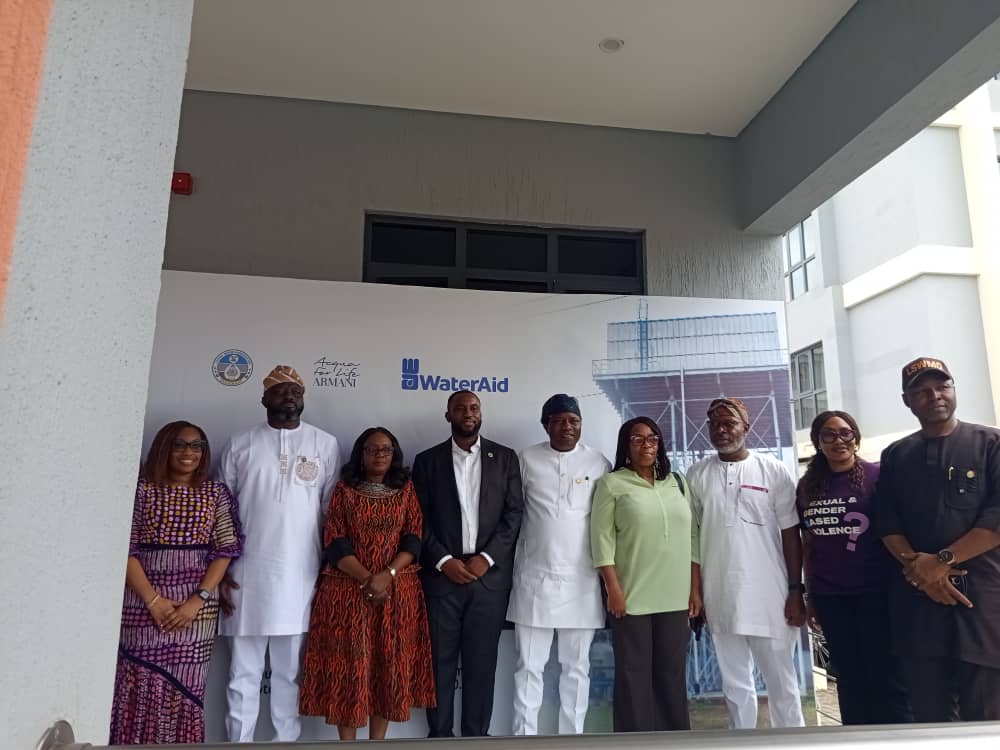Lagos State Government, in collaboration with WaterAid Nigeria and ARMANI, has renewed calls for sustained private sector participation in the provision of potable water in Lagos State, describing public-private partnerships (PPPs) as the only viable route to meet the water needs of its rapidly growing population.
Speaking at the two-day advocacy and sensitisation workshop, “Improving Water Supply in Lagos Through Private Sector Investment”, held at the Protea Hotel Ikeja Select from August 14–15, WaterAid Nigeria Country Director, Evelyn Mere, said Lagos, with over 22 million residents, currently meets only about 40 per cent of its water demand. She warned that without sustainable investment models, the sector’s infrastructure deficit will continue to undermine public health and economic growth.
“Urban water supply is capital-intensive, technically demanding, and time-consuming. Government alone cannot meet this need. The private sector brings innovation, financial resources, and managerial efficiency,” Mere stressed.
“But such investments must guarantee availability, affordability, reliability, and quality for all.”
Mere revealed that Lagos has about 48 million micro-water schemes that are non-functional, underscoring the scale of infrastructure decay. She noted that WaterAid’s recent rehabilitation of the Akilo Water Scheme — the first urban water project undertaken by the organisation in Nigeria — was a practical demonstration of how technical expertise and PPP models could revive dormant facilities.
The scheme is due for commissioning in September, but Mere cautioned that without a private sector–driven management plan, it risks returning to “a state of comatose.”
Managing Director of Lagos Water Corporation, Engr. Mukhtaar Tijani echoed the call for private investment, citing the potential for improved service delivery, better technology adoption, and more robust customer engagement.
“Currently, many Lagosians rely on private water sources of questionable quality. Bringing them under regulated PPP arrangements will ensure consistent standards and reduce health risks,” he said.
He assured that concessionaires would operate under strict supervision, with the Lagos Water Regulatory Commission enforcing quality and safety standards. “Economies of scale will make water more affordable than the fragmented, unregulated market we have today,” Tijani added.
WaterAid projects that, through its 2023–2028 strategy, it will directly provide water, sanitation, and hygiene services to 10 million people, while influencing the government to extend these benefits to an additional 17 million.
In Lagos, stakeholders believe that a fully functional PPP framework could revive all 47 remaining dormant micro-schemes, transforming the state’s water supply landscape.
Beyond its social value, Mere reminded participants that water is also an economic good essential for productivity. “No one should be denied access to clean water due to poverty,” she said, urging the adoption of cost-reflective cross-subsidy models to balance sustainability with equity.
If successfully implemented, stakeholders said, the Lagos PPP model could become a blueprint for urban water supply in Nigeria — ensuring that the megacity’s taps flow not just today, but for generations to come.















